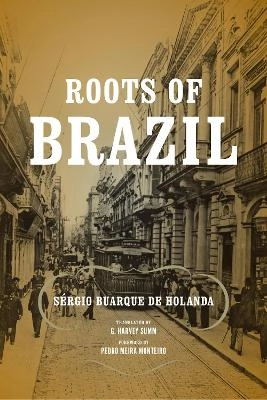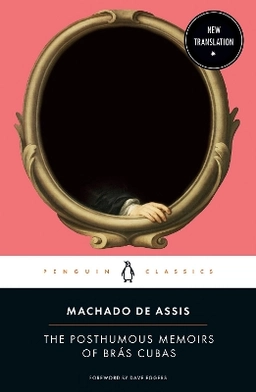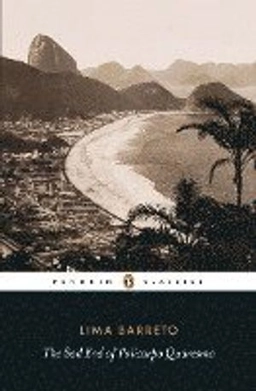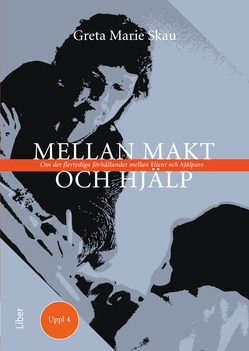Sergio Buarque de Holanda's Roots of Brazil is one of the iconic books on Brazilian history, society, and culture. Originally published in 1936, it appears here for the first time in an English language translation with a foreword, 'Why Read Roots of Brazil Today?' by Pedro Meira Monteiro, one of the world's leading experts on Buarque de Holanda. Roots of Brazil focuses on the multiple cultural influences that forged twentieth-century Brazil, especially those of the Portuguese, the Spanish, other European colonists, Native Americans, and Africans. Buarque de Holanda argues that all of these originary influences were transformed into a unique Brazilian culture and society - a 'transition zone.' The bookpresents an understanding of why and how European culture flourished in a large, tropical environment that was totally foreign to its traditions, and the manner and consequences of this development. Buarque de Holanda uses Max Weber's typological criteria to establish pairs of 'ideal types' as a means of stressing particular characteristics of Brazilians, while also trying to understand and explain the local historical process.Along with other early twentieth-century works such as The Masters and the Slaves by Gilberto Freyre and The Colonial Background of Modern Brazil by Caio Prado Junior, Roots of Brazil set the parameters of Brazilian historiography for a generation and continues to offer keys to understanding the complex history of Brazil. Roots of Brazil has been published in Italian, Spanish, Japanese, Chinese, German, and French. This long-awaited English translation will interest students and scholars of Portuguese, Brazilian, and Latin American history, culture, literature, and postcolonial studies. 'Roots of Brazil, first published in 1936 and substantially revised in subsequent editions, is one of those works that shapes its readers' imagination, a book that in a certain sense 'invents' its country, serving as a mirror in which, while seeking their own image, Brazilian readers have also found their own attitudes and inclinations. On the other hand, Sergio Buarque de Holanda's book functions not only as a fixed portrait that preserves a scene from the past but also as a bright surface that can reflect each new historical moment.'- from the foreword by Pedro Meira Monteiro, Princeton University
Åtkomstkoder och digitalt tilläggsmaterial garanteras inte med begagnade böcker





















